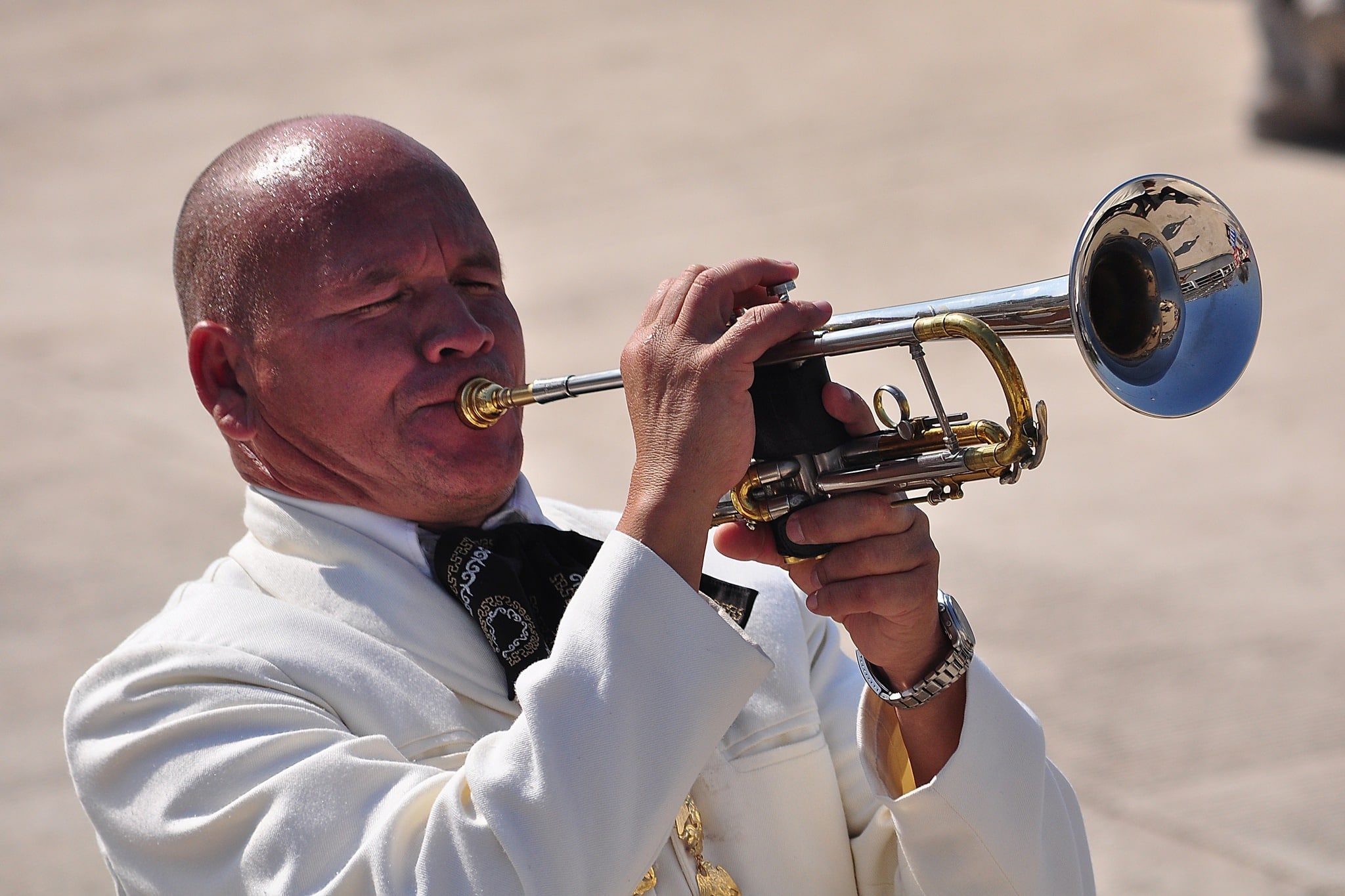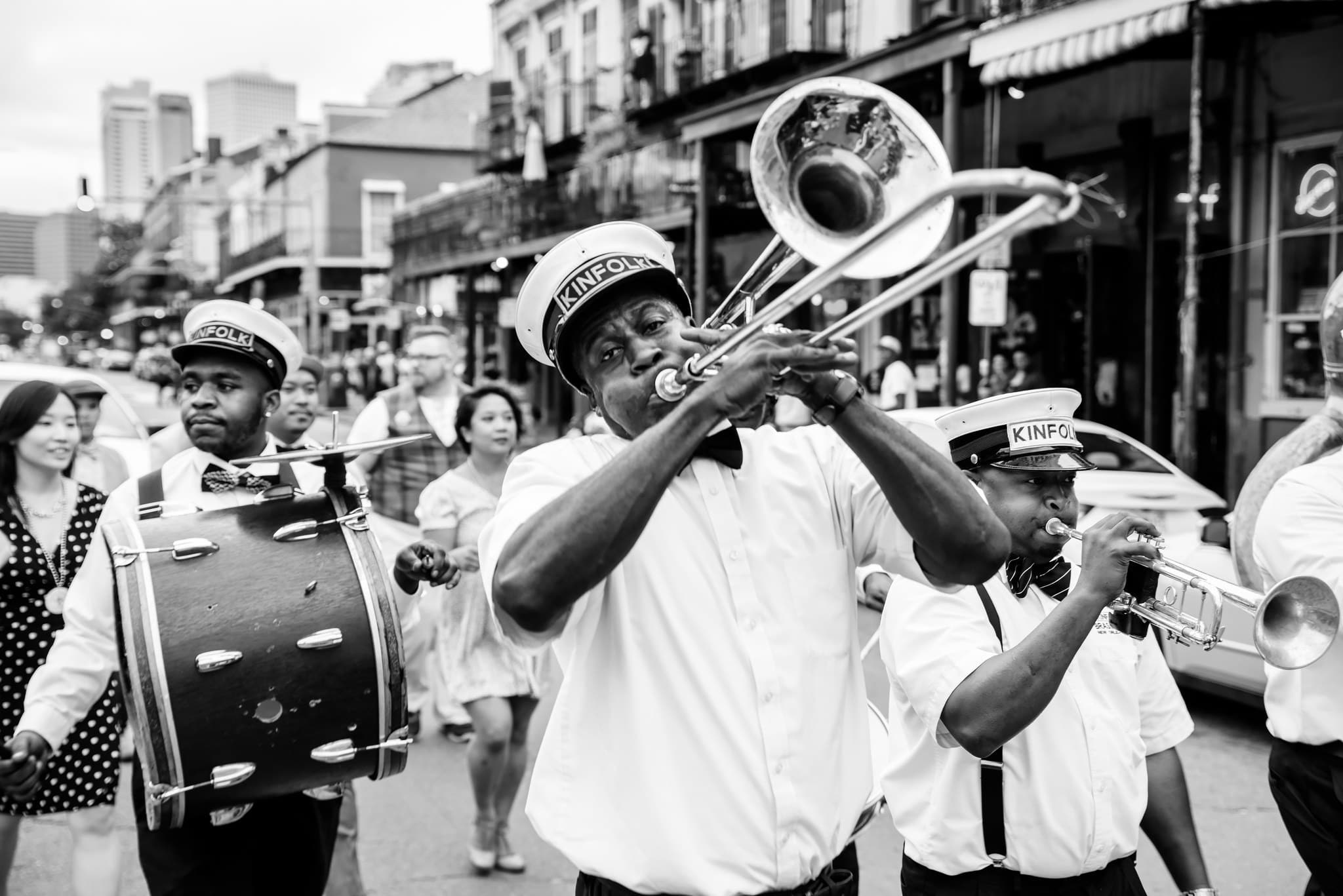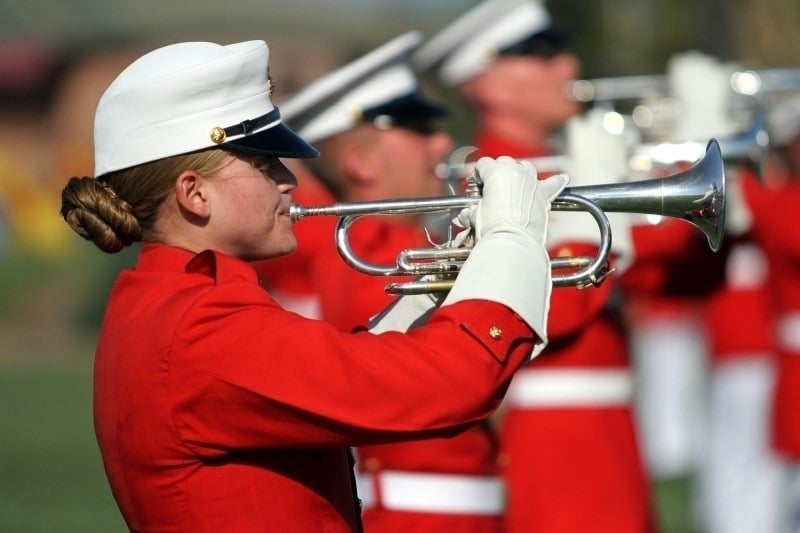As the saying goes, it’s never too late to learn something new. Many people I know are taking this opportunity to pick up a new hobby or go on a new adventure, or even challenge themselves with a new musical instrument.
And apart from popular instruments such as guitars or violins, learning how to play trumpet sounds like a terrific idea to start your new year, especially if you are into jazz.
If you are new to trumpets or new to any musical instrument in general, it is easy to feel overwhelmed or intimidated by the magnitude of work and practice to the point that you would rather quit right away.
But fear not, because this post will give you all the essential tricks and tips that enable you to learn to play the trumpet in a blink of an eye.
Follow the tips below, and you will be able to master trumpet lessons for beginners, whether you wish to play for recreational purposes or to play professionally.
Tips and Tricks for Successful Trumpet Lessons
Even the best trumpet players in the world started at the level of a beginner, and they all worked enormously hard to achieve their virtuoso level of trumpet playing.
A little bit of inborn talent can take you far, however, as long as you are willing to invest your time and efforts, you will be able to play any musical instrument, including trumpets decently.
Read on to find our list of five expert-picked tips and tricks for trumpet lessons for beginners.
1. Start with The Right Trumpet
Our number one tip seems obvious, but many of you may not agree with it in the first place.
A lot of folks are hesitant about investing in a trumpet, because this type of musical instruments is not exactly for those with a tight budget.
However, it is not compulsory to spend a fortune for a shiny new professional trumpet to start trumpet lessons for beginners.
Renting a trumpet is an easier and cheaper option, while it also gives you more time to decide before settling on your most suitable one.
For a newbie, it is not necessary to select a brand name trumpet. A student trumpet will work just fine, and it’s better to look for the right one, rather than the expensive one.
Go to any local music store, and you can find a wide range of trumpets for you to try.
But what is the right trumpet for newbies? There is no fixed answer for everyone, but those who are at a beginner’s level are recommended to select a trumpet with the following features:
- The preferred trumpet for beginners should ideally be in the B flat key, as it is the easiest option to start learning
- There should not be any dent mark on the valve casing
- The movement of the valves is smooth without causing harsh noise
- Other details are functioning properly (i.e., slides moving smoothly)
2. Warm yourself Up with Lip Exercises
Anyone who wishes to pick up a brass or wind instrument will first need to familiarize themselves with embouchure. And trumpet playing is no exception.
Embouchure refers to the way we purposefully apply our mouths to create sounds through a brass or wind instrument. All of the trumpet lessons for beginners stress the importance of lip and facial exercises to get one used to embouchure.
One simple yet effective strategy for a newbie to practice embouchure without a trumpet is to start with producing the sound of the letter “M.” Try saying the consonant “M” until you make the “mmm” sound.

Once you make the “mmm” sound, keep the position of your lips and blow to burst out the buzzing sound.
It will feel weird for the first time, but you will soon get used to positioning your lips this way as it is the basic lip movement to play the trumpet.
One useful tip when doing this “mmm” exercise is to imagine having a piece of paper stuck at the tip of your tongue, and you will have to spit the paper away from tongue gently.
That way you will be able to produce the buzzing sound more easily.
Once you get the hang of it, you can proceed to test your trumpet. First, inhale through your mouth and put the mouthpiece of the trumpet close to your lips.
Wet lips or dry lips won’t matter as much, and over time you will soon find out what works best for you.
Upon placing your lips onto the mouthpiece, try blowing into the mouthpiece to create the buzzing sound you just practiced and let yourself feel the trumpet and the sound you make.
You can try pressing down one of the valves to feel the difference.
3. Understand How Trumpets Work
Apart from practicing exercises for your lips and facial muscles, learning basic facts about trumpets and how they work is also worth considering.
Some people tend to underestimate the importance of this tip, but the more you understand the instrument you are playing, the higher chance of success you have in mastering that instrument.
There are various types of trumpets depending on your purpose – from student trumpet to intermediate and professional ones.
But they all more or less share the same fundamental characteristics.
Each trumpet mainly consists of a mouthpiece where you apply your lips, the lead pipe, three finger buttons to control the three valves respectively and the bell.
All of these parts are connected to bring us the lovely trumpet sounds.
Once you get to know the basic parts of a trumpet, you can start learning how to hold the trumpet properly and move onto learning the fingering technique.
A general rule of thumb to hold the trumpet is to place your right hand’s index, middle and ring fingers on the valves with the little finger on the hook.
The thumb of your left hand should rest on the first valve slide while the index and middle fingers are placed behind the third valve casing.
You can swap hands depending on your personal preference.

4. Maintain a Good Posture
A good posture not only allows better breathing but also promotes better comfort for players. Sadly this is something that is often overlooked by both amateur and professional players.
Beginners tend to hold a stiff posture, which will cause discomfort in the long run.
The recommended posture is to stand or sit straight up with your trumpet slightly pointed downwards.
The bell, however, should not be directed at the floor. Relax your shoulders and your knees.
In addition to a good posture, you should pay attention to your breathing as well. Do not forget to inhale deeply to take a full breath.
You can also breathe through your mouth. Practicing breathing exercises can be really helpful in the long run.
5. Take Things Slow
The last but not least tip is to take it easy and keep it slow. You cannot rush yourself into becoming a pro overnight. Practice makes perfect, and sometimes progress can be slow.
Whether you choose to take trumpet lessons for beginners at a musical school or class or prefer to learn by yourself from YouTube or other online sources, bear in mind that it can take a long time to make coherent sound out of your trumpet.
Follow each step at a time and go from long notes to high notes.
There are dozens of tutorials and self-study materials for trumpet enthusiasts online.
One of the most popular materials you can find to improve your trumpet playing is about online jazz trumpet, which covers a wide range of related topics and helpful techniques.
Don’t feel discouraged if your progress is slow in comparison with others; it is good to practice a little every day rather than practice excessively on an irregular basis.
Take as much rest as you need after practice, and consider doing some exercises to maintain good physical conditions.

Final Thoughts
Learning to play trumpet is never an easy task. It takes a lot of patience, sweat, time and efforts to master the trumpet. We hope that our post has been able to help you prepare for your trumpet lessons for beginners.
Although it varies from one person to another, the five tips and tricks above have been proved to be highly effective for beginners. Let’s hope that after reading our list, you will gain more confidence in playing the very first notes with your trumpet.